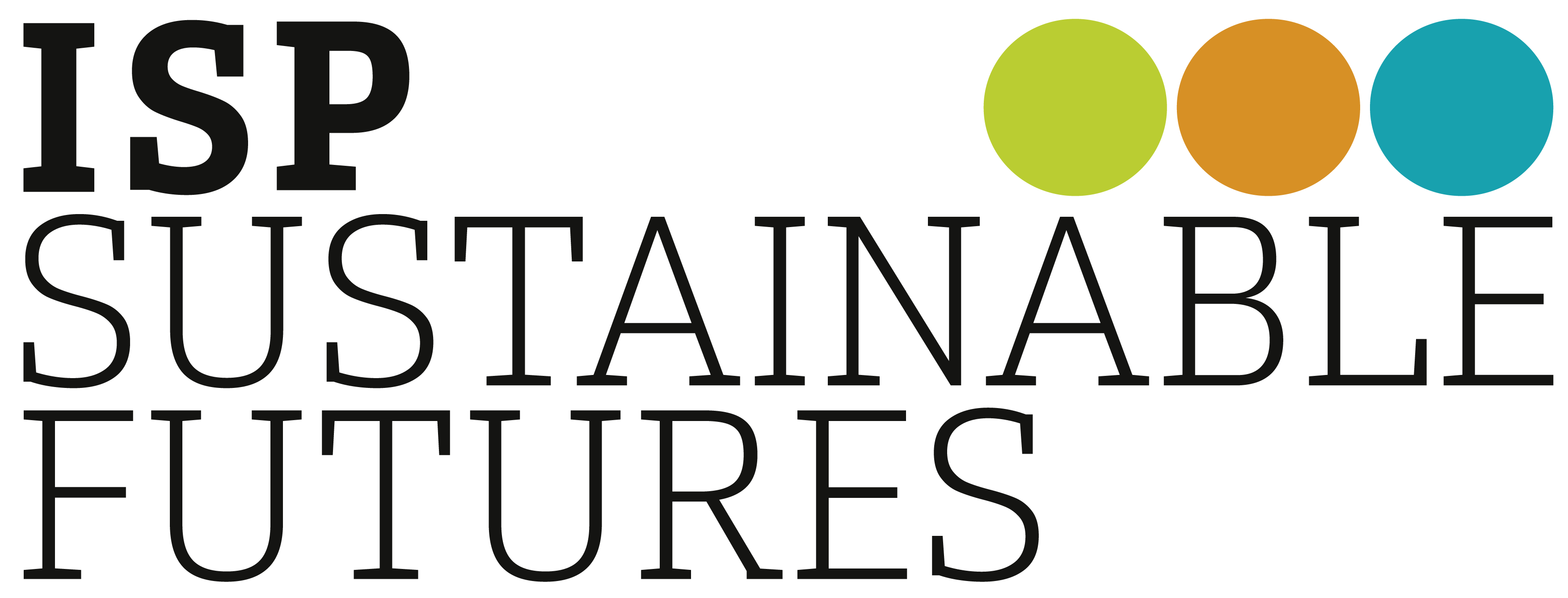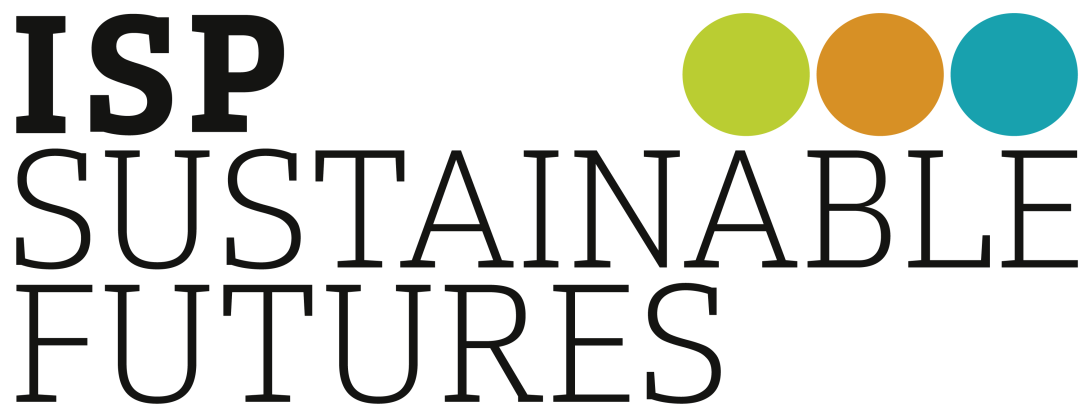Digitization and digitality: phenomena, consequences, and social contexts
Dr. phil. Marcel Siegler
This seminar addresses current debates on digitization and digitality, analyzes them, and examines their social implications.
It explores various phenomena of digitization, such as virtuality, algorithmic language processing, and the transformation of subjectivity in digital environments.
Building on this, we will examine the relationship between humans, technology, and society and discuss how digital change affects our thinking about and interaction with technology.
How has our living environment changed? How has our relationship with technology changed? What role do humans (still) play? What ethical concerns are there in connection with digitization?
The aim of the seminar is to teach the basics of interdisciplinary technology research and to acquire knowledge about scientific and technical developments in the context of digitalization and their historical and social context.
The seminar is deliberately designed as an introduction and is open to students of all disciplines and levels of knowledge. A willingness to work in an interdisciplinary manner, to read German and English texts, and to engage in discussion is required.
An overview of the program can be found here.
Please contact Annette Ripper for further information.


